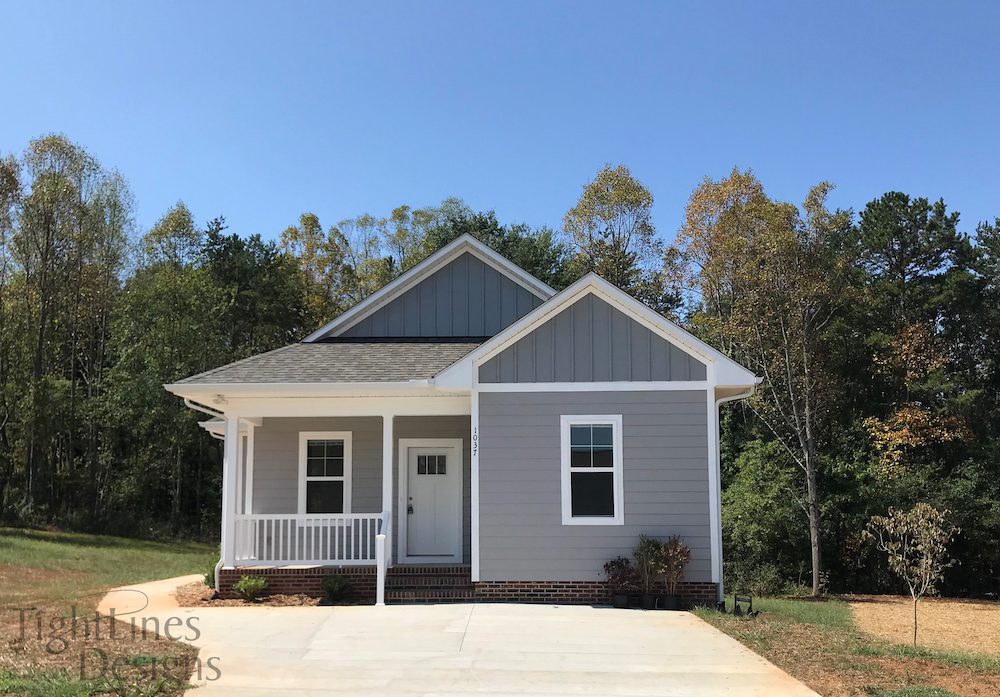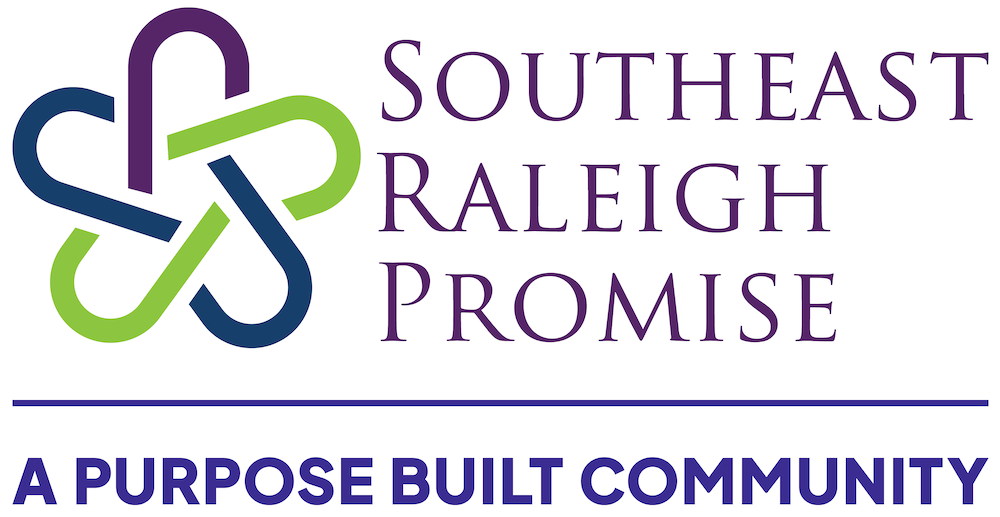Southeast Raleigh Promise Advances First Affordable Housing Development

Our excitement is mounting as we advance the development of our Small-Scale Affordable Housing Project, an unprecedented opportunity to advance new solutions to creating affordable housing opportunities in Southeast Raleigh. Made possible with $2 million in funding from the City of Raleigh and $1 million from Wake County, we are the first non-profit organization to develop such a project.
In partnership with Urban Trends as co-developer, TightLines Designs as architect, Right Build International as general contractor, and First Rate Property Management as property manager, we will develop 27 rental units on 10 city-owned lots moderately scattered throughout our focus area. Our project will be developed under the “missing middle” text changes found in the zoning policies adopted by Raleigh City Council in the summer of 2021.
Like other major cities throughout the country, the City of Raleigh adopted a “missing middle” policy in response to a growing population, changing demographics, and demand for housing at all income levels.
The new zoning allows for different and smaller types of housing structures to be built on single-family lots, thereby creating slightly higher density in residential neighborhoods. In our project, the different housing types include duplexes, Accessory Dwelling Units (ADUs), and one single-family home. We are also revisiting a townhome model for one of the larger parcels. We will focus on serving households with incomes at 30%, 60%, and 80% of area median income, adding to the affordable housing inventory.
The 10 city-owned parcels are located on Gregg, Spaulding, E. Lee, Person, and Edenton Streets, which are streets situated in neighborhoods that have, for decades, experienced the not-so-subtle but steady displacement of legacy residents. Due to redlining and other racially discriminatory policies and practices, these neighborhoods were once racially segregated and the only place where Black residents could own or rent a home in Raleigh.
To counter the generational effects of housing discrimination and cultural displacement, our project aims to use the “missing middle” zoning as a tool to create legally binding affordable rental housing in Southeast Raleigh neighborhoods.
Sign up for our email list to receive information, resources, and tools needed to help shape and plan for the future of our neighborhoods.
